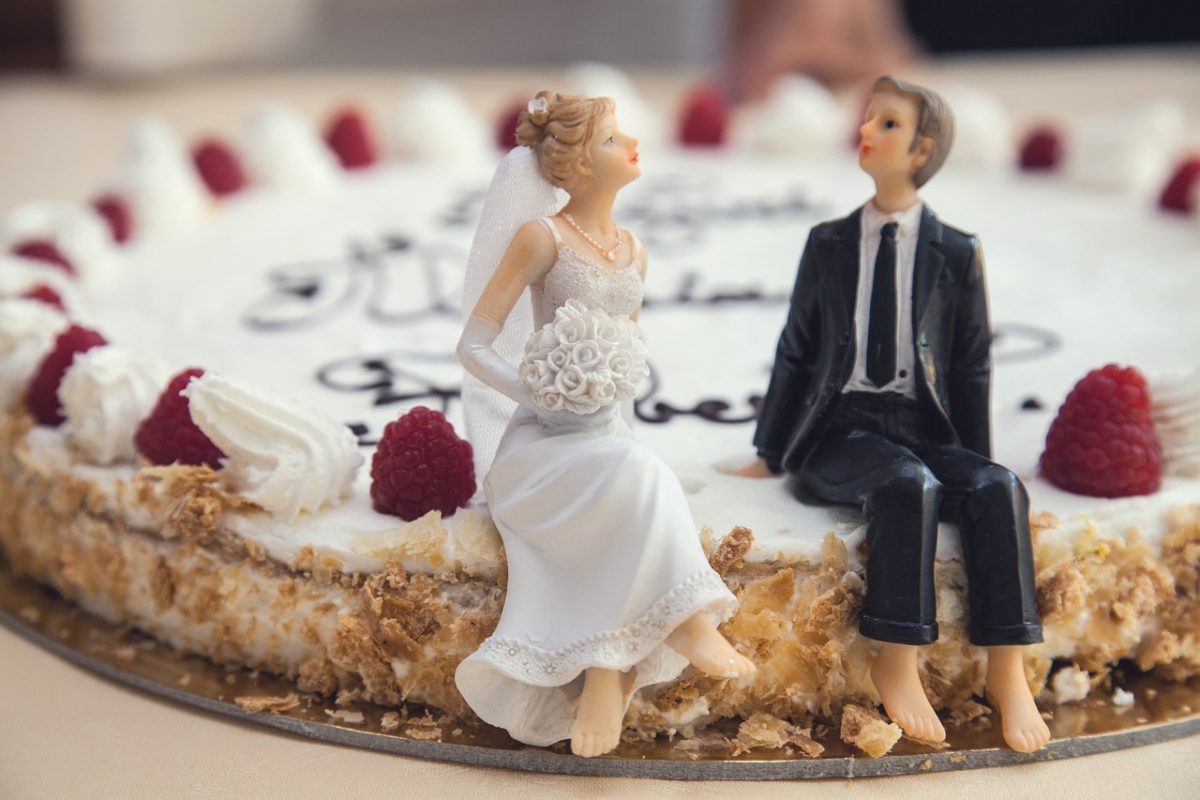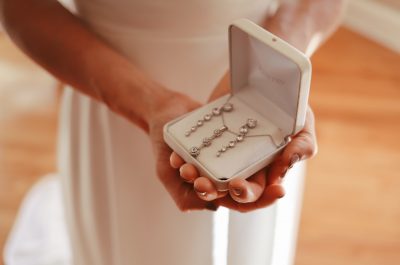Are you planning your wedding and feeling tempted to splurge on an extravagant cake? While the indulgence may be worth it for a special occasion, keep in mind that too much sugar can have adverse effects on your dental health. Read this article to learn more about how cakes affect your oral well-being and what you can do to mitigate any potential damage.
Sugar Content
Wedding cakes contain a lot of sugar, which is not good for your teeth. All responsible dentists will tell you that eating too much sugar can cause cavities and damage your teeth. It can also lead to gum disease and tooth decay. It also sticks to the surface of your teeth, which can cause plaque buildup that leads to further issues.
Eating wedding cake with high sugar content often means you’re consuming more sugar than is healthy for your teeth in one sitting. This makes it important to brush or rinse with water after eating wedding cake so the bacteria in your mouth won’t have a chance to feed on the sugars left behind and create problems for you later on.
Acidic Ingredients
Wedding cakes have acidic ingredients that can damage teeth. These are the following:
- citrus fruits
- cream of tartar
- vinegar
- buttermilk
- sour cream
The acid wears away at the enamel, which is the hard, protective outer layer of the teeth. This makes it easier for cavities and gum disease to form, so it is important to take care when eating cakes with acidic ingredients. With proper oral care, it is possible to enjoy wedding cakes without the worry of damaging your teeth. Rinse with water after eating, brush twice a day, and floss daily for the best protection from acid damage.
Staining Potential
Tooth staining happens when certain things in food and drinks can change the color of your teeth, making them look yellow or darker. Eating wedding cakes with lots of frosting, syrup, icing, and food coloring can cause staining on your teeth and make them look different than they usually do. Over time, these stains can build up on your teeth and even become permanent if you don’t brush regularly or use whitening products to help remove them.
Chewing And Breaking Down
When you eat a wedding cake, the act of chewing helps break it down into smaller pieces. This is important because your teeth are not designed to be able to chew big pieces of cake. As you chew the cake, it gets ground up and mashed together with saliva in your mouth. This mixture will then move down your throat where digestion begins.
Chewing also helps clean your teeth as food particles get stuck between them and need to be removed. However, some wedding cakes may have ingredients that stick to your teeth more than others, which can increase the amount of sugar you consume and lead to tooth decay if left unchecked. This can cause cavities or other dental issues if not taken care of properly by brushing or flossing after eating a wedding cake.
When enjoying a wedding cake, it’s important to be mindful of your dental health. Sugar content and acidic ingredients can cause cavities and damage enamel, while staining potential from frosting or food coloring may make teeth look yellow or darker. Lastly, chewing helps break down the cake so digestion can begin but some cakes may have sticky ingredients that need to be removed by brushing or flossing after eating.




